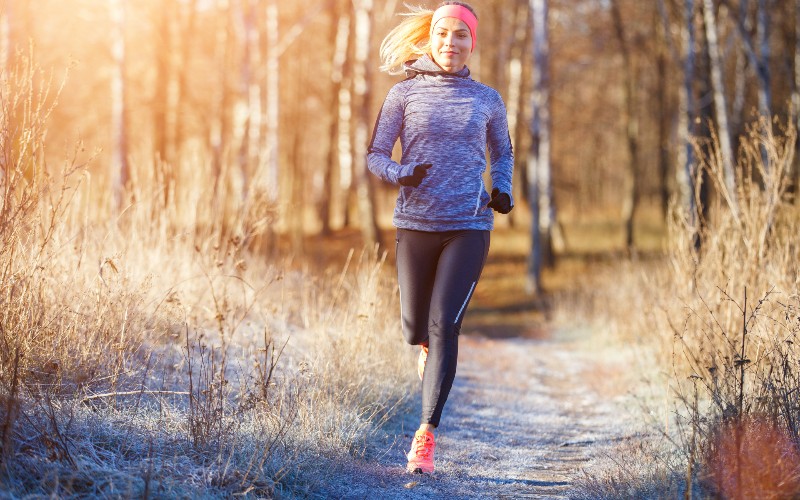
It is easy to put away the tinsel, trees and stockings after the festive period; but the effect of overindulgence in mince pies and turkey can, unfortunately, be harder to shift. New Year’s resolutions therefore see many embracing exercise to make up for a restful Christmas. However, keeping fit in the winter risks more than just aching legs and sore feet.
The best advice this personal injury lawyer can offer is to do what you can to avoid accidents. Remembering some key safety tips as you exercise can help save a lot of pain and trouble.
Running is often a go to for people looking to get back into shape. Though, Scottish winters being what they are, caution is certainly needed. When running in the winter it is worth thinking about four Cs:
- cold
- cobbles
- colours
- crossings.
In addition to wrapping up against the cold, be conscious of ice when out running. Council winter maintenance will do what it can to keep roads and paths free of ice and snow, but there will often be slippery surfaces. Try to stick to established, well maintained, routes.
Winter is tough on cobbles and pavements, so similar advice applies. Defects are often harder to see in poor light or amongst puddles and snow. Well used pavements will be better maintained and better lit. Country trails may see little, if any, maintenance in the winter and, if an accident were to happen, it will be harder to get help than in built up areas.
Sunlight is a rare commodity in January and runners ought to stay visible to traffic when they are out in the dark. Wearing bright colours, or better yet, fluorescents or lights, will help drivers see you. Lastly, using crossings, particularly when dark, reduces the risk of collisions greatly.
The same advice holds true when out cycling. Remember a runner’s four Cs, in addition to using lights, a helmet and cycle lanes wherever possible.
Those seeking to avoid chilly morning runs or cycles may instead get home exercise equipment. Be sure to read all instructions and buy good quality, from a trusted source. Manufacturers can be liable where their defective products cause injuries but that is harder to establish where products are not used correctly or where they are bought second hand.
Finally, some might join a gym. Gym owners are under a duty to do what they reasonably can to keep their equipment in good order and surfaces free from slipping and tripping hazards. When picking a gym, look for tidy, clean and open spaces. This is all the more important during the pandemic where hygiene and distance are so much more important. If new to a gym, it is always a good idea to get an induction and familiarise yourself with safe use of the equipment.
So, when exercising this winter, remember to think about your safety, as well as your health.
Daniel McGinn is an Associate in our specialist Personal Injury team. For further information please contact Daniel on 01382 346207, email dmcginn@thorntons-law.co.uk or click here for further information. You can also contact any member of the Personal Injury team on 0800 731 8434.
